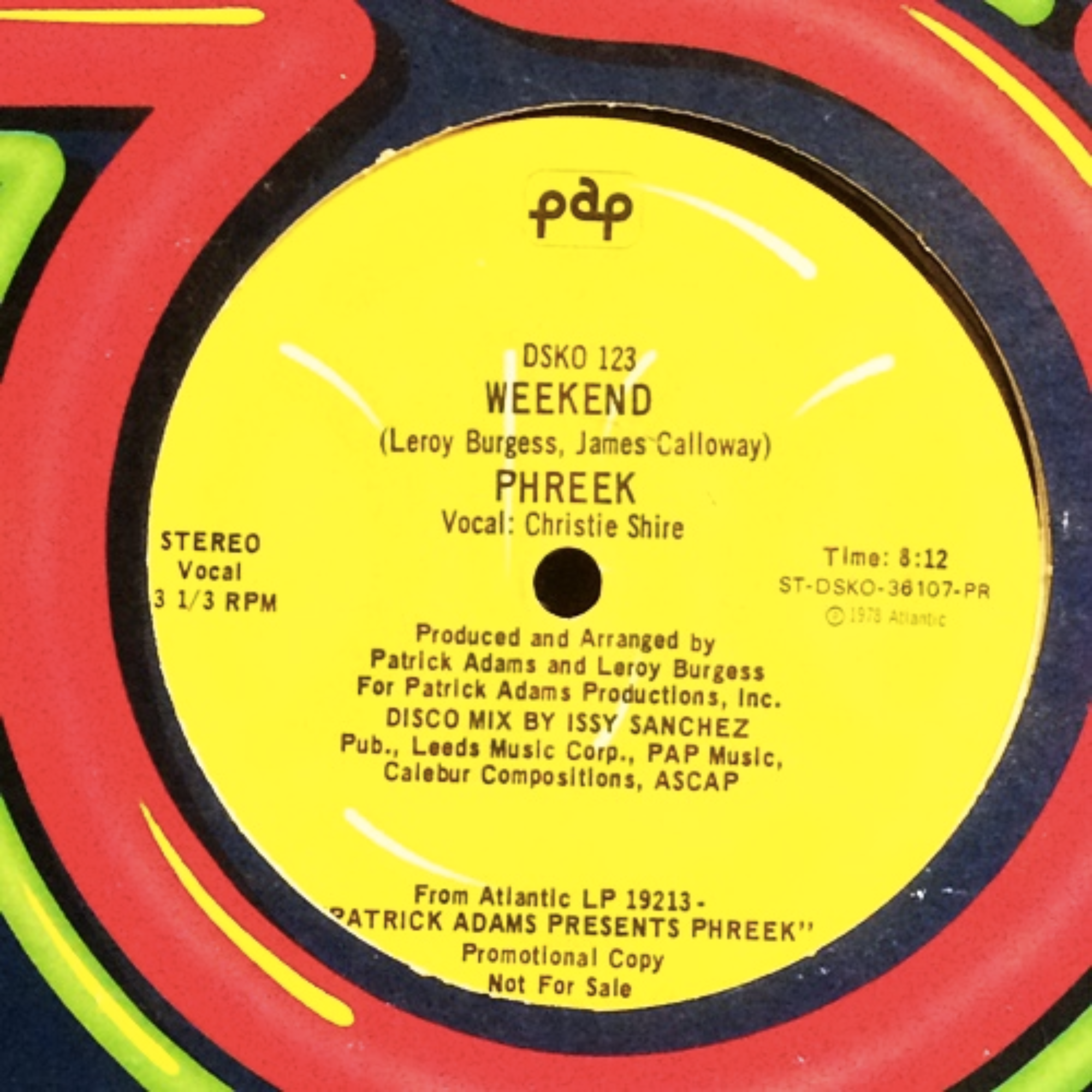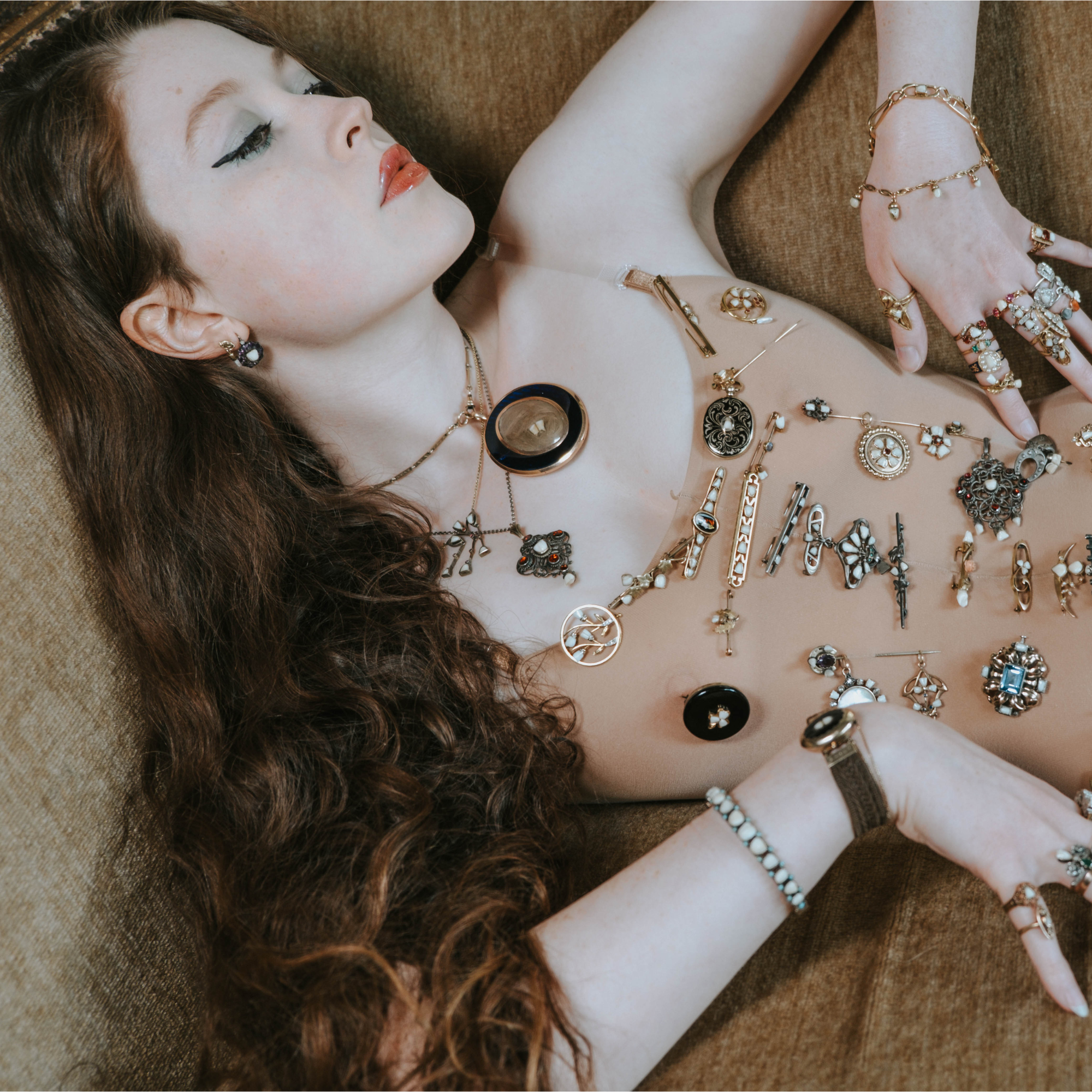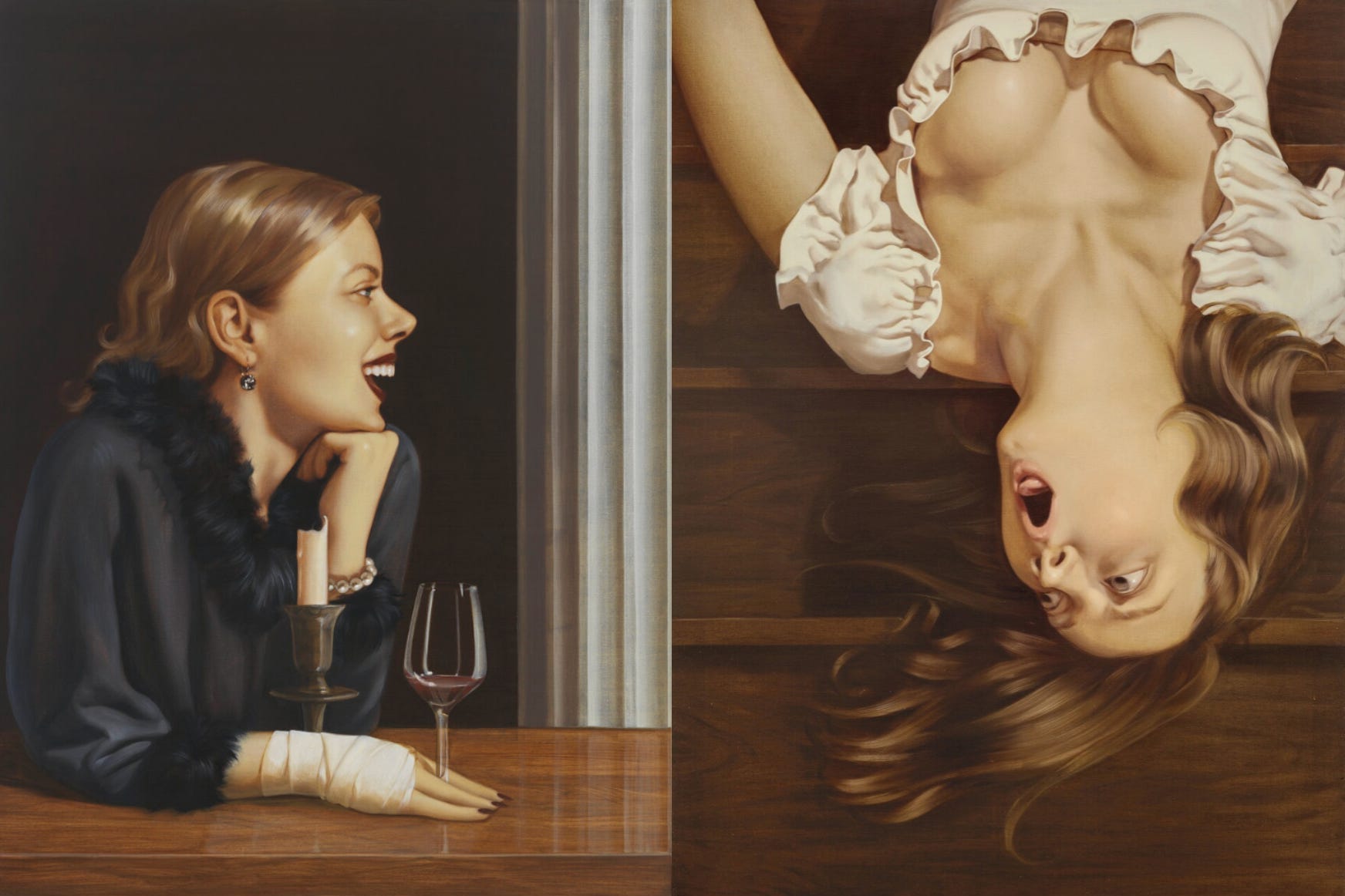- Studio Dirt
- Posts
- Research
Research
A short story by Wye Coday.

"Our addictions don’t bother us until they are no longer satiable."
Wye Coday is a writer and the head of NOR Research Studio.
K. dreamt she entered the iceberg again. Marked her calendar, which suggested this was the eighth time. But why had the dream, with each iteration, fit so cleanly into three sections? To think, all those years ago it had started as a suicide note she had written to a long-deceased friend and then grown into a volume in which her desires, until recently latent, metastasized. The paragraphs appeared in a flash, disappeared before she could write them down—that part wasn’t unusual—and, when she woke, Ruth, the cat, stepping across the pillow above her head, gazed at her curiously.
K. got up from the bed and went to her desk. She found her copybook and wrote: IF A CIVILIZATION DIES CHECK THE TEMPERATURE OF ITS ART. She got up from the desk and went into the kitchen, where she opened a can of wet food and distributed one-third of its contents into the metal container she had cleaned the night before. She reached into the refrigerator, grabbed a string cheese, the iced coffee, a La Croix, and then packed some sativa into her glass pipe. She smoked, consumed her breakfast, read the news, showered, then left for work around 8:45am.
IF A CIVILIZATION DIES CHECK THE TEMPERATURE OF ITS ART.
During the drive, K. decided she would refer to the documents she produced while writing her novella as paperworks—no longer read but viewed. Arriving at the cafe she liked to visit before meeting with her client, she ordered a cappuccino and shared this idea with Quaytman with a belated email.
Too, K. had written, the possibility that her defenses had nothing to do with the crises that defined her current emotional state. Too, the possibility that scrutinizing the past would not necessarily make her feelings go away, that it might make them more intense, visible, and, sadly, categorical. Too, she had written, that she was too lazy to love her mother anymore. Too, that this thing we call capitalism actually makes art more interesting given the number of people who suffer in its name, that capitalism might just be a euphemism for this ongoing state of the world. Too, that these intimations might have some understitching that fortifies and clusters them in her mind. Too, that abandoning the emancipatory politics her mother had always espoused might free her from the malaise she now experienced. Maybe I need to abandon my mother now, K. had written. Reviewing her email, she returned to the phrase emancipatory politics and placed it within quotes. Then she thought about the first sentence in The Trial—“Someone must have been telling lies about Joseph K.”—which for whatever reason felt relevant to her.

L'ÉTRANGER
|
|



